Good mental health is vital for a positive outcome during fertility treatment

Parul, a 28-year-old homemaker, visited the Nova IVF Fertility centre at Bangalore. She was unable to conceive naturally and had 2 failed IVF cycles earlier. Married for over 8 years, Parul and her husband had been trying to have a baby ever since, but their efforts were unsuccessful. Prior to her consultation at Nova, Parul had undergone treatments for infertility at different hospitals, without any success.
The pressure and anticipation of having a baby of her own, got to her and caused her severe stress. This was noticed by the fertility specialist at Nova and she was immediately referred to a counsellor.
When the counsellor assessed Parul’s psychological health, they felt that she was having suicidal thoughts due to the failed IVF cycles. She was considering ending her life if the next IVF cycle also proved to be a failure. Moreover, Parul had disconcerted thoughts of her husband leaving her, to marry someone else, as she was unable to bear a child.
Holistic fertility treatment plan along with counselling support
The fertility consultant and the counsellor handling Parul’s case, decided to equally focus on treating her mental health issue, while working towards a successful IVF cycle.
The treatment involved a series of counselling and therapeutic sessions, coupled with the right approach, in ensuring that the IVF cycle is smooth and easy. As a result of the treatments provided, Parul successfully conceived in her 3rd IVF cycle. She delivered healthy twin babies and has been in touch with the specialists at Nova IVF Fertility ever since.
Causes of multiple IVF failures
Even though IVF is one of the best fertility treatments available today, it does not work for everyone due to one or a few of the following factors:
- Embryo quality – The quality of the embryos, is one of the most vital factors that determine the success of an IVF cycle. In IVF, embryos are created by fertilising eggs with sperm cells, in a specialised laboratory. These embryos grow in the lab for a couple of days before they are ready to be transferred to the woman’s uterus. In some cases, embryos are kept longer in laboratories in order to create blastocysts.
All the embryos are then analysed by experts and only the healthiest embryos that fulfil certain stringent parameters, are used for the transfer. Sometimes, even the healthiest embryo might not implant in the woman’s uterus even after being transferred successfully. Poor quality embryos, unfortunately, can lead to multiple IVF failures.
- The age of the eggs – As far as IVF is concerned, the age of the ovum is more important than the age of the patient undergoing the treatment. As you grow older, the quality and quantity of your eggs also decrease. In other words, your ovarian reserve diminishes. With low quality eggs, it can be quite difficult for natural conception as well as other fertility treatments.
As per recent statistics, women below 35 years of age who use their own eggs for IVF have an implantation rate of 45%. For women in the age-group 40 to 45 years, the implantation rate is a meagre 15%.
- Chromosomal issues – Success of an IVF cycle also depends on whether the embryo has any genetic or chromosomal defects. These defects could lead to implantation problems, as well as miscarriages. As a woman grows older, the genetic/chromosomal abnormalities in the embryo should be evaluated. This is done by performing genetic tests such as PGT-A, PGT-M and PGT-SR, which screen the embryo for its genetic mark-up. The genetically normal embryos are then used for transfer.
- Ovarian response – The 1st part of IVF cycles involves the suppression of ovaries using medication, followed by the stimulation of the ovaries, to produce numerous eggs. However, there are times when the ovaries are unable to respond to the medications. In these situations, the doctors will evaluate the condition and may make changes to the fertility medication to ensure that the ovaries’ respond to them.
- Lifestyle factors – Women who are trying to conceive via IVF are advised to quit smoking. If they fail to do so, it could affect their fertility and lead to IVF cancellations. Drinking and substance abuse are other two dangerous lifestyle factors that need to stop. If the woman planning to undergo IVF treatment is overweight or underweight, it can also affect her chances of getting pregnant. Doctors generally let the patients know the ideal body mass index (BMI) to ensure a successful pregnancy.
- Miscellaneous reasons – An IVF cycle could also fail if there are not enough follicles before retrieving the eggs, if fertilisation doesn’t happen for some reason or if the endometrium is not developed to hold the embryos. Fertility consultants advise women with failed IVF cycles to go through a number of tests to evaluate them. The doctor will advise you based on the outcome of the screening tests.
In Parul’s case, though the reason for failed IVF cycles was not clear, stress and anxiety contributed to her misery. When Nova counsellors managed her anxiety and emotional stress related to failed IVF cycles, it had an overall positive impact on her fertility treatment. It ultimately resulted in a successful pregnancy for Parul.
 Infertility Counselling
Infertility Counselling Female Infertility Treatment
Female Infertility Treatment Andrology Treatment
Andrology Treatment Fertility Enhancing Surgeries - Female
Fertility Enhancing Surgeries - Female Fertility Enhancing Surgeries - Male
Fertility Enhancing Surgeries - Male Endoscopy Treatment
Endoscopy Treatment IUI Treatment
IUI Treatment IVF Treatment
IVF Treatment ICSI Treatment
ICSI Treatment Advanced IVF Solutions
Advanced IVF Solutions Embryology
Embryology Vitrification Egg, Embryo, Sperm Freezing
Vitrification Egg, Embryo, Sperm Freezing Preimplantation Genetic Testing (PGT)
Preimplantation Genetic Testing (PGT) Donation Program Embryo / Egg / Sperm
Donation Program Embryo / Egg / Sperm Self-cycleTM IVF
Self-cycleTM IVF

 Self-cycleTM IVF
Self-cycleTM IVF


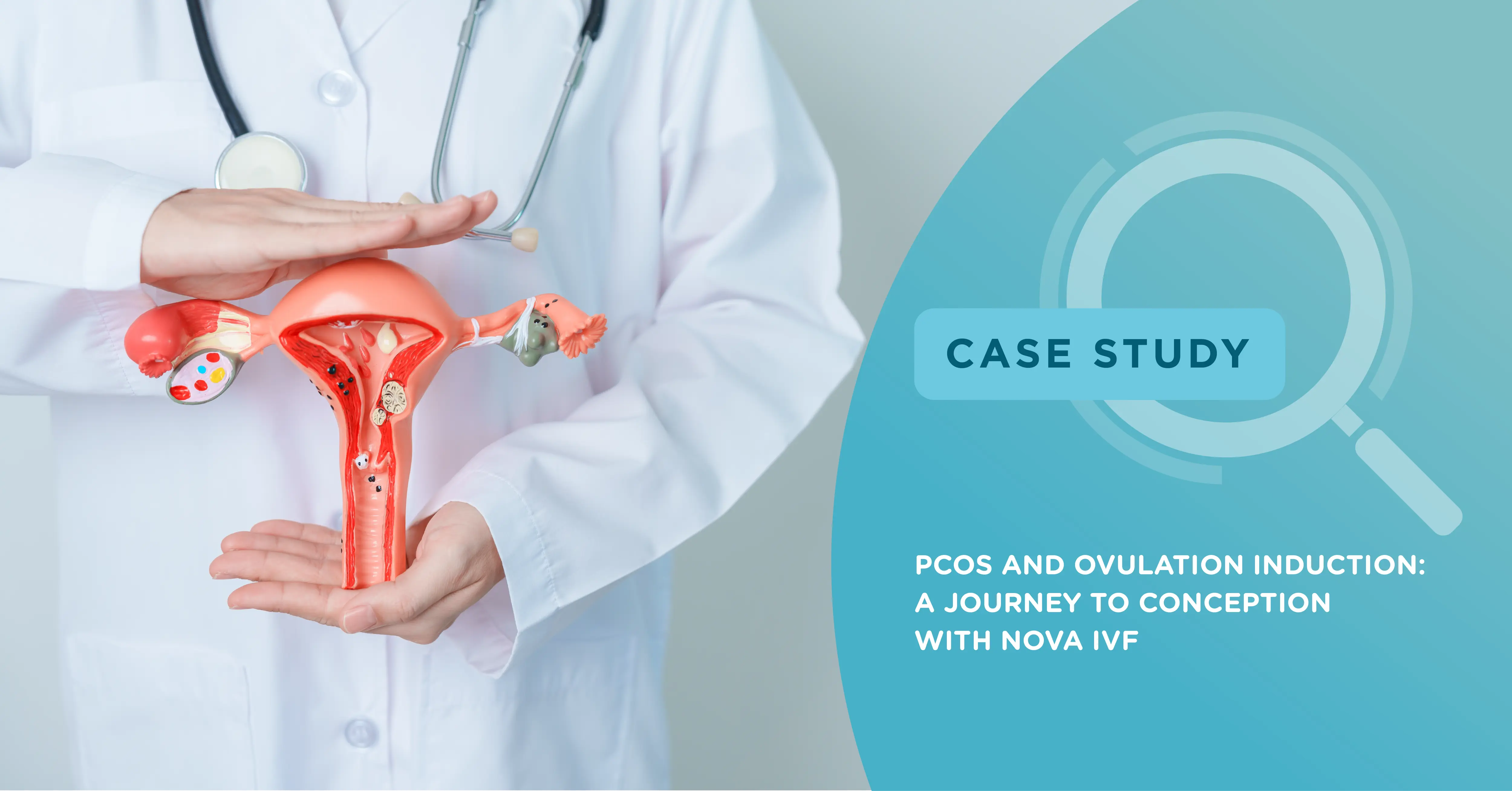
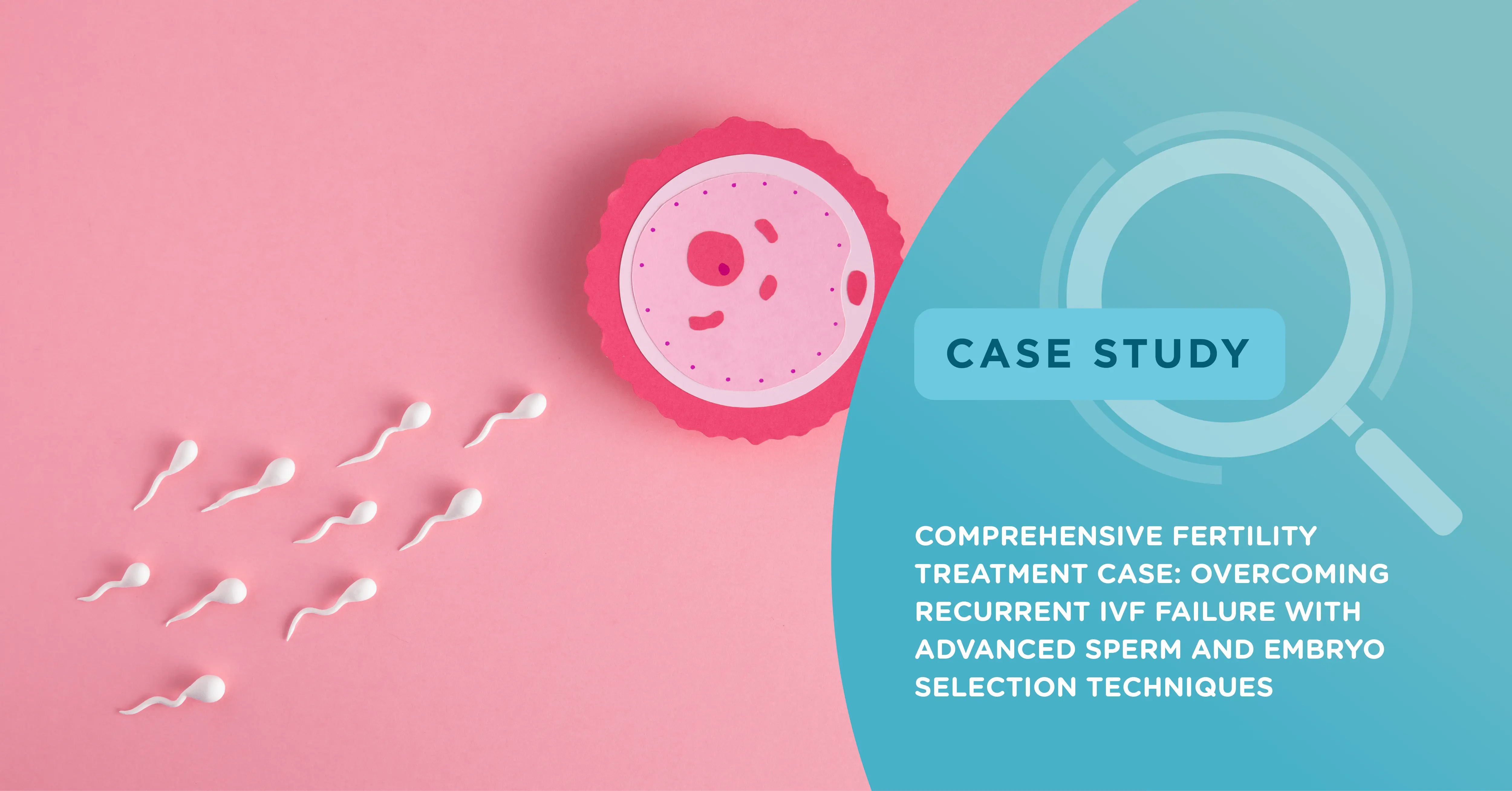
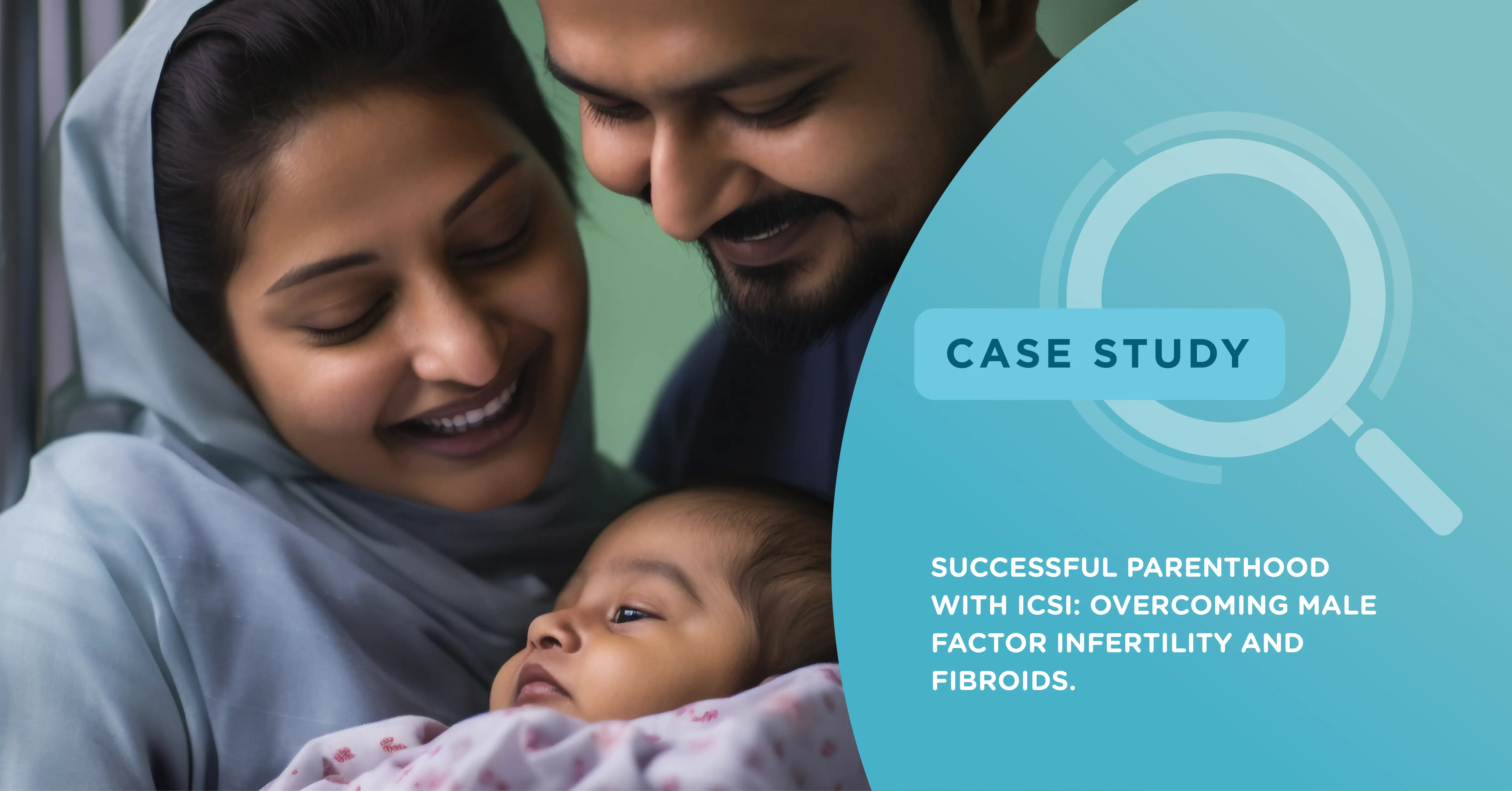
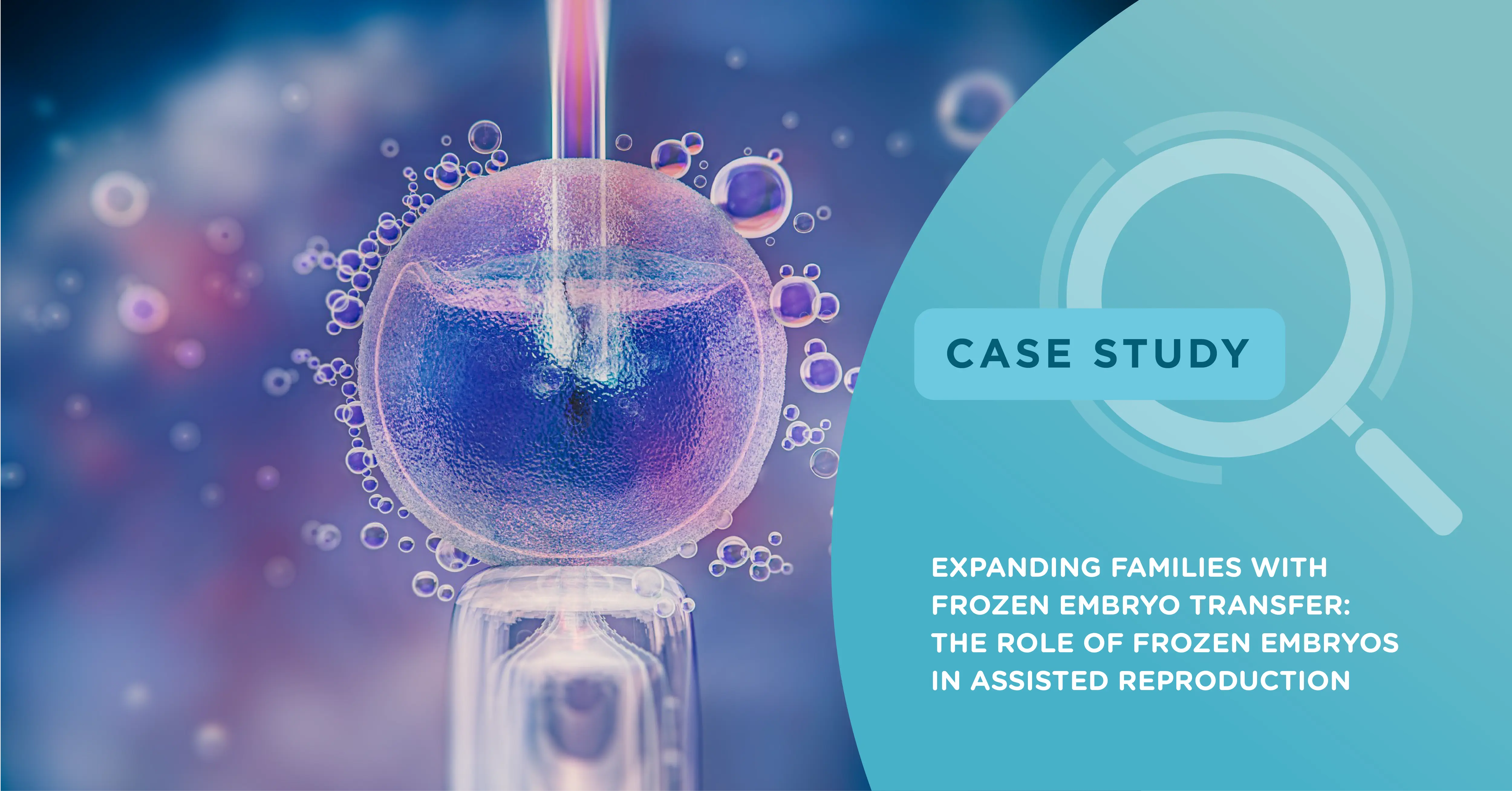

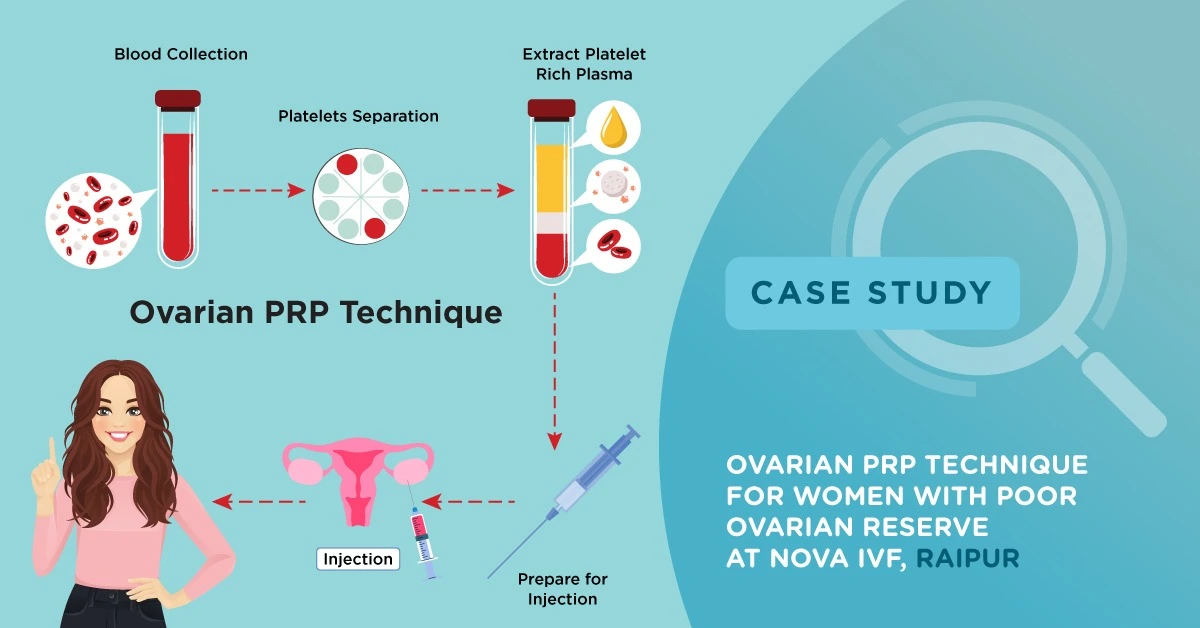
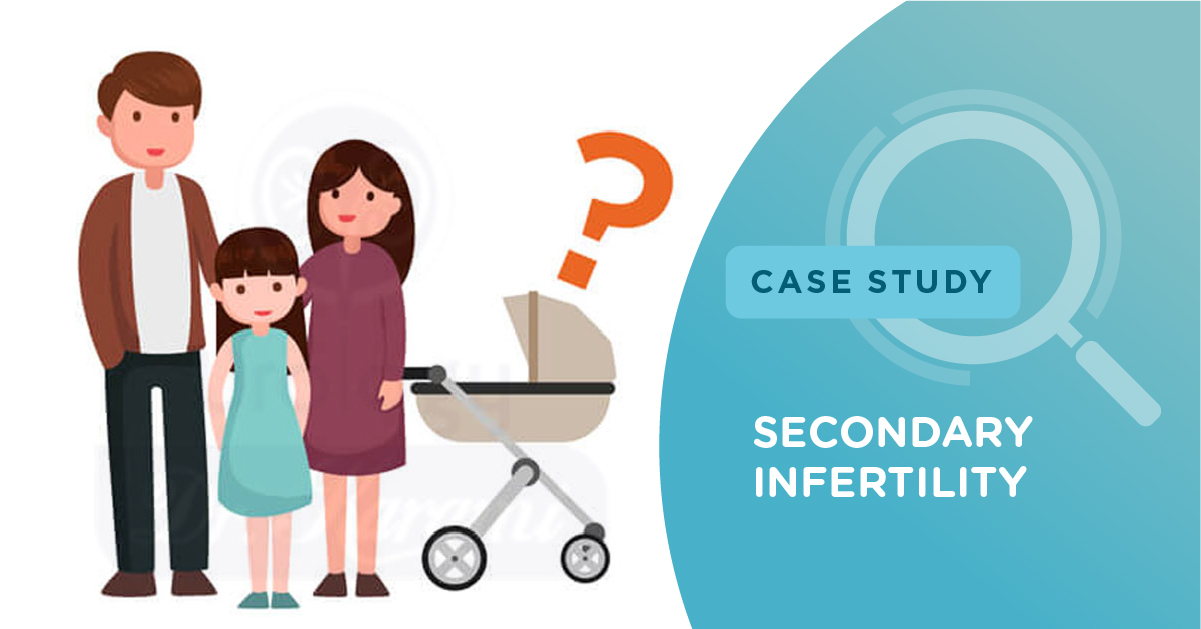
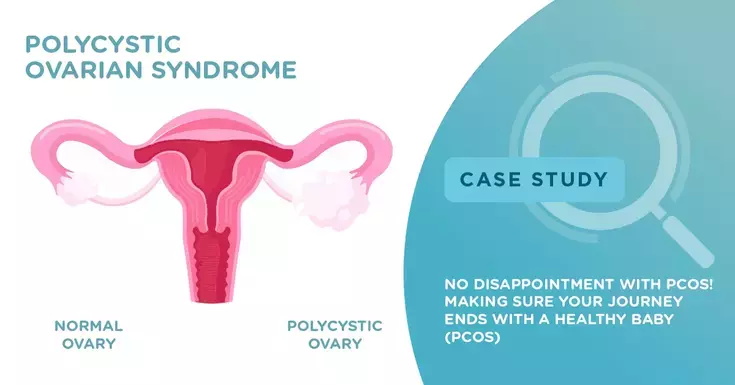






Add new comment